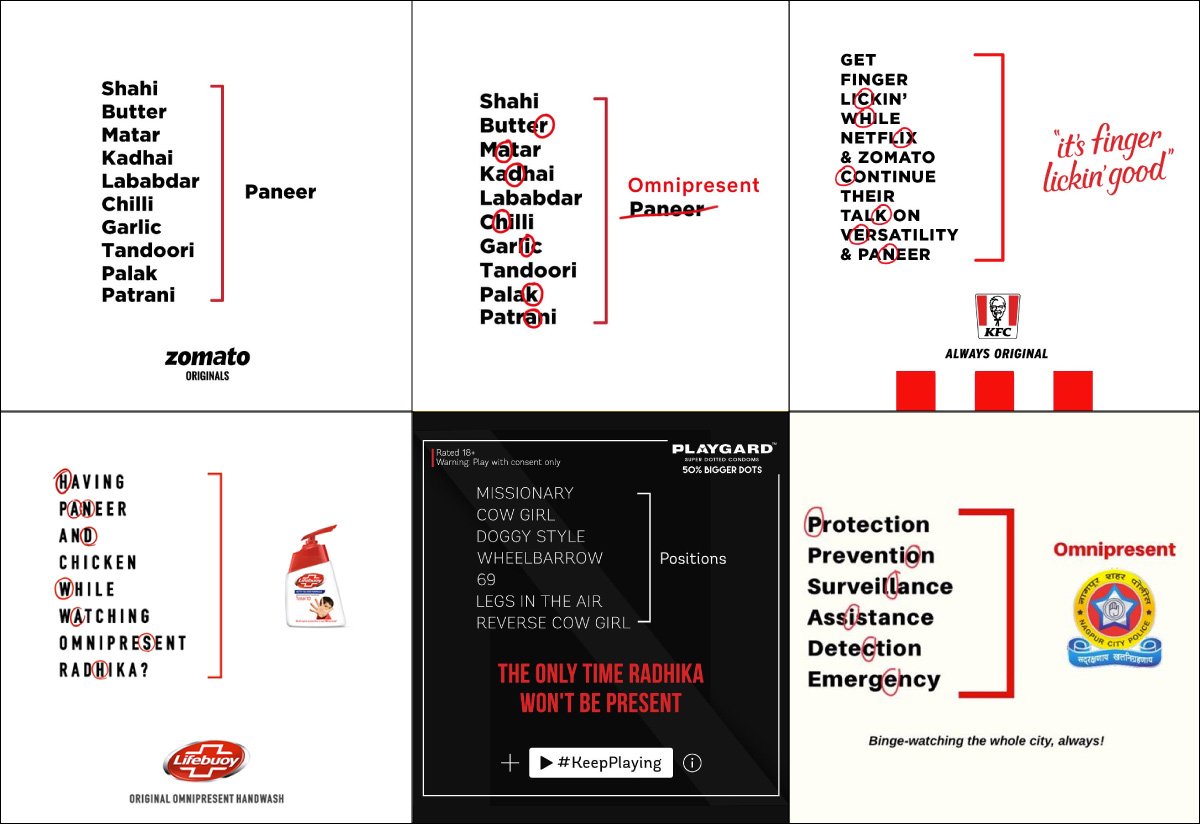“Competition is always a good thing”, but competition between brands is even better. It not only proves that one brand is superior to the other but also gives the audience the chance to remember the fight or the match, more than the win. These types of competitions or brand wars have pulled in even the biggest and most famous of brands for centuries together.
Healthy competition has seen more pros than cons. It’s always been successful for brands as they may not always know what their strengths and weaknesses are until the competitor points it out. Such competition helps narrow the focus a little and concentrate on what the brands are really good at as compared to others. I am sure at least one such prominent example has entered your mind while reading this article.
Coco-Cola and Pepsi were rivals to each other, trying to dominate the carbonated soft drink market since the year 1886 and 1903. Both brands were undergoing a global advertisement war through print ads and video ads, trying to stay on top of each other and they continue to do so even today. While attempting this competitive communication tactic, they have only grown in their business and the brands have become unmatchable for other competitors.
This long started trend of poking in the competitors brand image has been advanced in the current age. Rather than visual representation of the product or service, brands have started playing intelligent. For instance let’s take the television commercial battle between Mercedes Benz and the Jaguar. Both the brands (Mercedes and Jaguar) belong to the premium category of luxury cars and are superb when features are being listed. Mercedes had released a new TV commercial using a Chicken as a prop. The motive of this advertisement was to show “Stability” and “Magic Control Body” for the all new Mercedes Benz Intelligent drive. Jaguar in return, released a spoof advertisement of the same, which ended with the chicken being eaten by a real Jaguar. Now this communication piece is something that would stay embedded in the minds of the viewer and would create a lot of brand recall value.
In most recent news, our fairly new accomplished brands like Netflix India and Zomato are following the trend and have gotten into a series of communication trolls with an apt topic that revolves around Radhika Apte. The ‘Radhika is Omnipresent’ memes began when Radhika Apte starred in 3 Netflix original series back to back. Zomato viewed these memes as an opportunity rather than just ignoring it as a funny troll. They enlisted all the roles that the Vegetarian Chicken, AKA Paneer plays in the food industry. The end message was to state that it is not only Radhika who is Omnipresent! While this went viral on Social Media, Netflix found a way to join the conversation by highlighting the name R A D H I K A across all the Paneer dishes enlisted by Zomato, thereby standing by their versatile actress. However, a competition between two soon turned into a Commonwealth game between numerous brands, emphasis on the word ‘Common’.

Now we may wonder, while these brand wars are hilarious to a bystander, how much impact does it actually have on the participating brands? The answer is a lot. The Netflix and Zomato war saw Zomato with over 5600 likes and over 2000 people talking about it in less than 48 hours. Netflix, on the other hand, garnered close to 10000 likes with 4500 people talking about it. Now impressions are great, but do they really reflect on brands and their sales? I would have to say yes again! These may be all advertising gimmicks, but they have a prominent effect on the brand image. It helps develop the brand image and communicate exactly what they want their consumers to perceive. The second benefit is that it builds top of the mind awareness and helps in brand recall. The Mercedes and Jaguar advertisements are still fresh in our minds, even after 5 years. Customers which like these advertisements automatically tend to pick sides and incorporate themselves in the war. A competition between brands manifests into a competition between consumers, each one standing by their brand. This in turn helps build a strong brand loyalty. All of this results in excellent brand management.
FMCG brands like Coca-Cola and Pepsi can see results in their sales. But customers of luxury brands like Mercedes or Jaguar don’t change their decisions based on these gimmicks. Additionally, customers who cannot afford this segment of vehicles won’t suddenly be seen investing in one. However, the impact on such consumers is that it piques their interest. They tend to share their excitement with others in their circle, overall building Word-of-Mouth Marketing. It can also result in them aspiring to be a part of the brand family, some way down the line.
At the end of it, it is rightly said that “Nobody is your competition, if you don’t compete”, and we all love winners.
References: Be You Google. (2015, August 27). Advertisement war between Mercedes Benz and Jaguar. Retrieved from Be Your Google: http://beyourgoogle.com/advertisement-war-between-mercedes-benz-and-jaguar/



